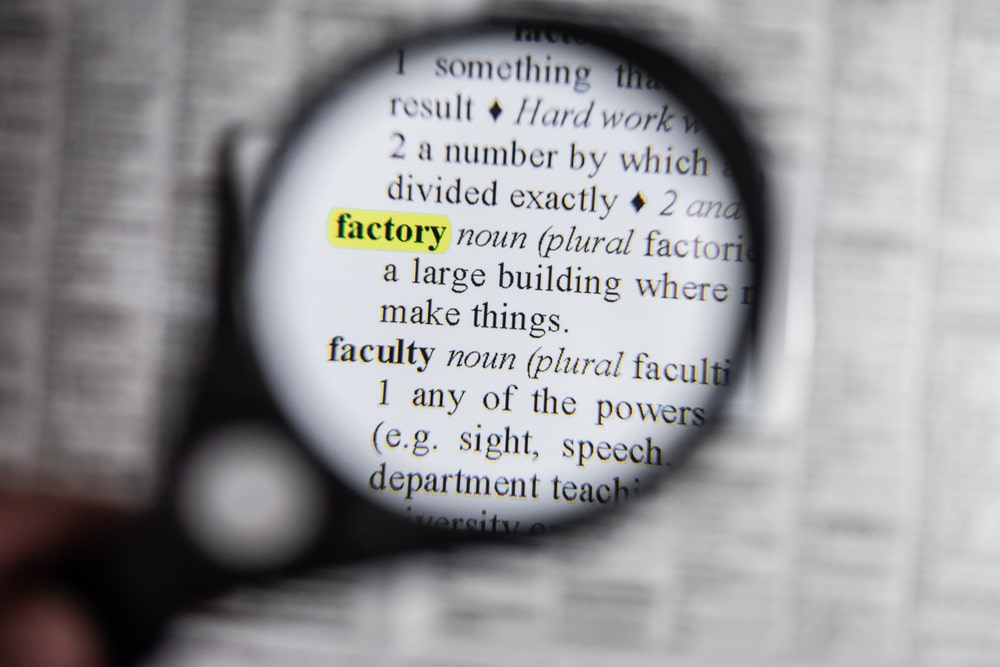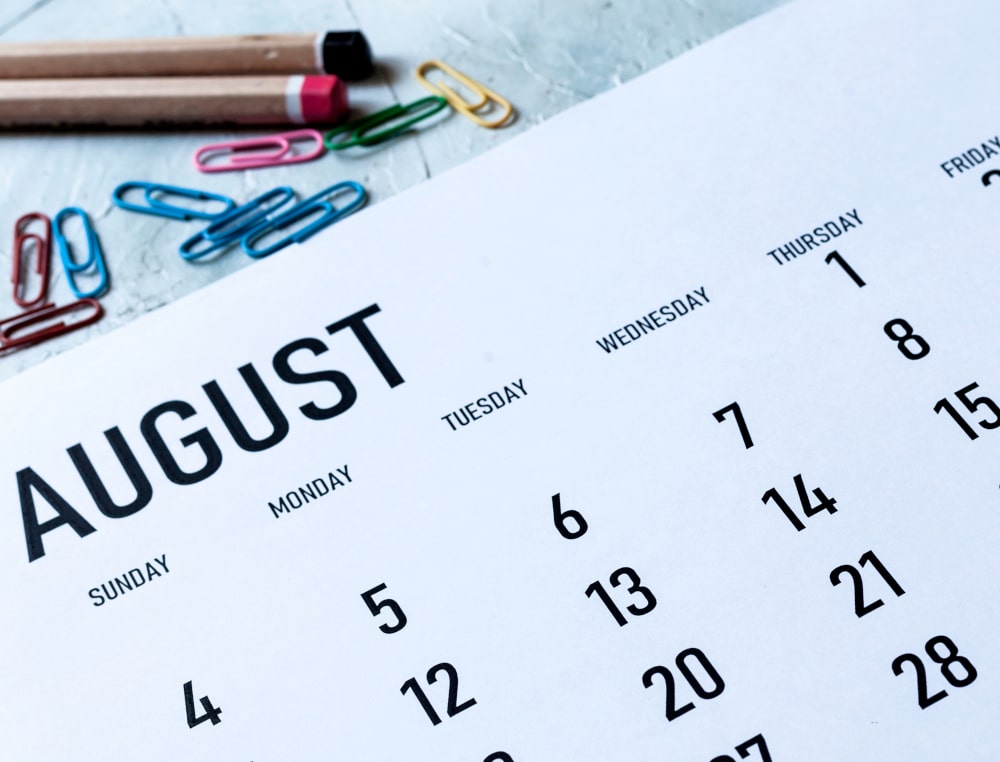
English Nouns: Definition, Types and Examples
Simply put, you can’t communicate in English without nouns.
You need nouns to express who, what and where you’re talking about.
So if you’re learning English or exploring English grammar, nouns are a good place to start.
In this post, you’ll learn 50 of the most common English nouns, plus all the basics about how to use them.
By reading this guide, you’ll greatly expand your English knowledge and ability to speak and understand the language!
Contents
- What Is an English Noun?
- 50 Common English Nouns
- Nouns as Subjects and Objects
- Gendered Nouns
- Plural Nouns
- Different Types of English Nouns
- And One More Thing...
Download: This blog post is available as a convenient and portable PDF that you can take anywhere. Click here to get a copy. (Download)
What Is an English Noun?
A noun is a word that refers to a person, place, thing or idea. Here are a few examples for each category:
| Person | Place | Thing | Idea |
|---|---|---|---|
| man | house | table | love |
| friend | beach | water | freedom |
| teacher | Brazil | guitar | capitalism |
| Beyoncé | New York City | iPhone | anxiety |
There are different types of nouns such as countable and uncountable, which we’ll go over later.
50 Common English Nouns
There are thousands of nouns in the English language, but you don’t have to learn all of them at once! You can start with these 50 common nouns:
Nouns as Subjects and Objects
Nouns can be the subject or object of a sentence. The subject of a sentence is the noun that’s doing the action. Let’s look at an example:
In this sentence, eats is the action verb and Samantha is the noun that’s doing the action of eating. So, Samantha is the subject in this sentence.
The direct object of a sentence is the word that the verb acts on or affects. Let’s look at the same example:
Ice cream is the noun that’s being affected by the verb eats so it’s the direct object in this sentence.
Gendered Nouns
Most English nouns are gender-neutral. This is very different from nouns in other languages like Spanish and French, which are spelled differently and require the correct article-noun agreement for each gender.
There are a few cases where English nouns are gendered, such as using waiter for a male and waitress for a female. But, for the most part, English nouns aren’t attached to a specific gender and the article (the, a or an) doesn’t change depending on gender.
Keep in mind that some pronouns are gendered. Pronouns can be used in place of a noun so you don’t have to repeat the same noun over and over. Pronouns like he and she refer to specific genders. They or them can be used as gender-neutral pronouns in English.
Plural Nouns
When you want to talk about a group of nouns, you need to make the noun plural. Not all languages change the spelling of a word to make it plural, so this can be a confusing concept.
Luckily, there are a few simple rules to follow when forming plural English nouns, like when to add -s, -es or when you actually don’t have the change the word.
The most common way to form plural nouns is to add -s at the end of the word. Many plural nouns like cars, apples and books are formed this way.
Different Types of English Nouns
Let’s look at the eight specific types of nouns. Once you understand these categories, it’ll be much easier to identify and use nouns in English!
Many nouns fall under more than one category. For example, love is a common, uncountable and abstract noun while notebook is common, concrete, compound and countable!
Knowing these noun types will help you talk about them. For example, since love is an uncountable noun but notebook is countable, you can’t say “I have five loves,” but you could say “I have five notebooks.”
Common Nouns
A common noun is a generic person, place or thing. You don’t have to capitalize a common noun unless it falls at the beginning of a sentence. Some common nouns include car, woman and month.
Let’s look at how to use a common noun in a sentence:
My cat likes to sleep on the rug.
Do you think the llama enjoys eating grass?
I want to buy that pink umbrella for the beach.
Vanilla ice cream isn’t my favorite.
The market has plenty of watermelons, limes, oranges and pears.
Are you up for a challenging hike to the top of the mountain?
The basketball player never misses a shot.
Proper Nouns

A proper noun is a specific name given to a person, place or thing. You should always capitalize a proper noun even if it’s in the middle of a sentence.
Proper nouns are more descriptive than common nouns. A few examples include Honda, Michelle Obama and August. These are proper noun alternatives to the common noun examples of car, woman and month we used earlier.
Let’s look at how to use a proper noun in a sentence:
Maria planted roses in the Sunshine Community Garden.
“Jurassic Park” is my favorite movie.
Does it always snow in January?
Helen goes to Starbucks every morning before work.
I can’t wait to take Fido to the dog park on Saturday.
The Eiffel Tower was completed in 1889.
George Washington was the first president of the United States.
My parents flew on Delta Airlines to Alaska.
Should we meet at Caroline’s Waffle Palooza for brunch on Sunday?
Concrete Nouns

A concrete noun is something you can see, touch, taste, hear or smell. Some concrete nouns include music, bread and a backpack.
Let’s look at how to use a concrete noun in a sentence:
Lady Gaga is a fantastic singer.
My mom just baked some delicious chocolate chip cookies.
I always drink some water before leaving my apartment.
Don’t forget to bring your tent to the camp.
Zeke loves to learn about world history.
Henry the hamster runs five miles a day on his wheel.
Australia is a beautiful country.
The Statue of Liberty is in New York City.
Frida Kahlo lived in a bright blue house in Mexico.
Abstract Nouns

An abstract noun is something you can’t see, touch, taste, hear or smell. Abstract nouns are the opposite of concrete nouns. They’re qualities, concepts and emotions. Some abstract nouns include love, money and religion.
Let’s look at how to use an abstract noun in a sentence:
My parents have a lot of patience.
Flying first class is a luxury.
Do you get a thrill from riding a roller coaster?
My dream is to go on a safari and see a giraffe.
Rumor has it that Willy Wonka is quitting his job at the chocolate factory.
Curling up with a cup of tea and a blanket gives me much comfort.
Are you in a lot of pain after burning your hand on the stove?
Collective Nouns
A collective noun refers to a group of multiple things. Some collective nouns are crowd, batch and flock.
Let’s look at how to use a collective noun in a sentence:
A school of fish just swam by.
What outfit should I wear to the dance?
Are you joining the group for the soccer game?
I finally added new stamps to my collection.
The cat gave birth to a litter of kittens.
Try not to get stung by that swarm of bees.
Cynthia is the best singer in the church choir.
Prince Philip is next in line for the throne.
My bowling team is going to Pizza Hut tonight after practice.
The army of ants is really enjoying the crumbs at this picnic.
Compound Nouns

Compound nouns are formed from two or more words. Some compound nouns are seafood, boyfriend and airline.
Let’s look at how to use a compound noun in a sentence:
I love watching the sunrise on the beach.
I think you need new eyeglasses.
Tonight’s special is lasagna with eggplant.
Shelly sells seashells by the seashore.
Bacon and eggs are a delicious breakfast.
Babe Ruth was a great baseball player.
There’s nothing like the great outdoors.
Did you bring your notebook to class today?
Countable Nouns

Countable nouns can be counted and can have a singular or plural form. Some countable nouns are apples, key and child.
Let’s look at how to use a countable noun in a sentence:
Mark and Hannah have three children.
I only have two slices of pizza left.
Where is the last puzzle piece?
How many times have you been to Europe?
Do you play your violin often?
Make sure to eat a banana before you leave.
Would an iguana make a good pet?
This Hawaiian resort only has three rooms facing the ocean.
Uncountable Nouns
Uncountable nouns can’t be counted and typically don’t have a plural form. Most abstract nouns are also uncountable nouns. Some uncountable nouns are coffee, truth and water.
Let’s look at how to use an uncountable noun in a sentence:
Try to be on your best behavior.
My travels took me to Japan and Antarctica.
Don’t ask for advice from a dog.
Italy is known for its delicious pasta.
I hope you didn’t get too wet in the rain.
Nature is full of trees and wild animals.
Money can’t buy you happiness.
Look for more nouns when you’re watching or reading anything in English. You can also reinforce your learning with FluentU, where you can learn nouns from video clips of English media with subtitles. You can create flashcard lists for each type of noun, and use the videos for additional context.
FluentU takes authentic videos—like music videos, movie trailers, news and inspiring talks—and turns them into personalized language learning lessons.
You can try FluentU for free for 2 weeks. Check out the website or download the iOS app or Android app.
P.S. Click here to take advantage of our current sale! (Expires at the end of this month.)

There are a lot of rules to learn about nouns, so be patient with yourself during the learning process.
Just keep practicing and soon you’ll be able to use many different nouns to talk about all the people, places, things and ideas in your life!
And One More Thing...
If you like learning English through movies and online media, you should also check out FluentU. FluentU lets you learn English from popular talk shows, catchy music videos and funny commercials, as you can see here:
The FluentU app and website makes it really easy to watch English videos. There are captions that are interactive. That means you can tap on any word to see an image, definition, and useful examples.
For example, when you tap on the word "searching," you see this:
Learn all the vocabulary in any video with quizzes. Swipe left or right to see more examples for the word you’re learning.

FluentU helps you learn fast with useful questions and multiple examples. Learn more.
The best part? FluentU remembers the vocabulary that you’re learning. It gives you extra practice with difficult words—and reminds you when it’s time to review what you’ve learned. You have a truly personalized experience.
Start using the FluentU website on your computer or tablet or, better yet, download the FluentU app from the iTunes or Google Play store. Click here to take advantage of our current sale! (Expires at the end of this month.)








